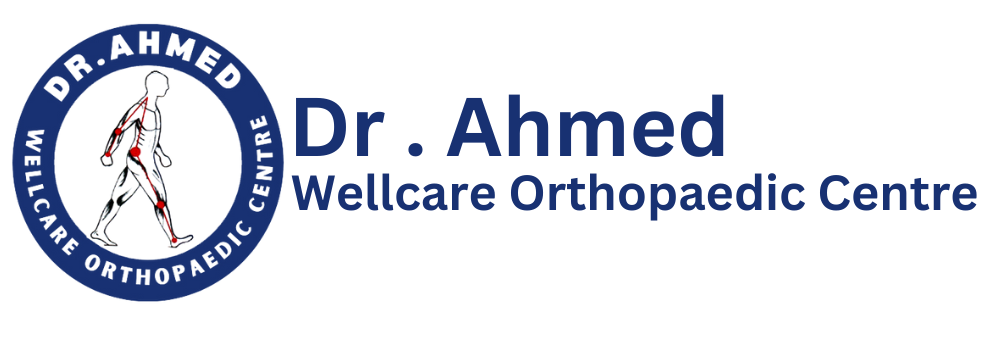Introduction
Feeling underfoot pressure as you walk? Or perhaps you’ve noticed an unusual shape on your barefoot imprints? If so, the culprit could be a condition called flat feet. But does this mean you need to worry? Read on to gain a balanced perspective, understand the implications, and decide whether it’s a cause for concern.
What Are Flat Feet?
Flat feet, also known as fallen arches or pes planus, is a condition where the arches of the foot collapse, making the entire sole come into near-complete or complete contact with the ground.
There are two types to bear in mind:
- Flexible flat feet: The foot arches disappear only when you stand up but reappear when you lift your feet off the ground.
- Rigid flat feet: The arches are absent, whether you stand up or not.
Should You Be Concerned?
Here’s the crux of our discussion. If you’re a flat-footed individual, when should you be worried?
Normal in Babies and Toddlers
If a baby or toddler in your family has flat feet, breathe easy. It’s usually part of their normal development as the arches of their feet are typically not fully formed until they’re about six years old.
“A child’s foot arches develop in the early years and it’s completely normal for babies and toddlers to have flat feet,” says a pediatrician.
Who knew that our feet would become such a buzz-topic? However, not all foot-related discussions are about fashionable shoes or fancy pedicures; people from all walks of life are waking up to the reality of conditions like flat feet.
But what are flat feet? And most importantly, should you worry if you have them? Let’s walk through this together, no pun intended.
Understanding Flat Feet
Broadly speaking, flat feet refer to a condition where there is no visible arch in the foot while standing. From infants to seniors, flat feet can affect anyone, however, it’s most common in infants and toddlers, as the arches of their feet have not yet developed.
But what causes flat feet?
In simple terms, there are two main causes for developing flat feet:
- Genetic Factors: Flat feet can be a result of hereditary conditions.
- Environmental Factors: Long periods of standing or certain types of footwear can lead to flat feet.
Is It Harmful?
Sometimes, a burning question related to flat feet is — “Is it harmful?” or “Will it lead to serious health issues?”
The answer varies depending on various factors, like health status, age, activities, and symptoms experienced.
Symptoms of Flat Feet
Having flat feet does not translate directly to discomfort or problems. However, some people may experience symptoms such as:
- Feet fatigue
- Pain in the arch or heels
- Difficulty standing on tiptoe
- Back and leg pain
If you experience these symptoms, it would be prudent to consult with a healthcare professional. Proactive addressing can prevent potential issues down the line.
Flat Feet and Exercise
Now, another prevalent concern regarding flat feet is its impact on exercise. Some may worry that flat feet will prevent them from leading an active lifestyle.
The truth is, with the right adaptations, you can execute most exercises effectively.
Essential tips for exercising with flat feet:
- Use appropriate footwear
- Avoid high-impact sports
- Warm-up well before workouts
- Incorporate foot-strengthening exercises
Remember, everyone is unique and what works for one person may not work for another. Always consult with health and fitness professionals for personalized advice.
Treatment and Prevention
Thankfully, treatments for uncomfortable flat feet symptoms exist. Here are some common methods recommended by professionals:
- Use of orthotic devices
- Physical therapy
- Pain relief medications
- In rare, severe cases, surgery may be suggested
“While living with flat feet might require some modifications, it is certainly not a handicap. With appropriate care and guidance, flat feet can be managed effectively.”
Conclusion
The bottom line: Should you worry if you have flat feet? Not necessarily. Flat feet can be a cause for concern if they’re causing discomfort or impacting your daily activities. Otherwise, they’re just another aspect of human variation. So put your worries to rest, tie up those laces, and continue taking life in stride, one step at a time.
Frequently Asked Question?
Q. Are flat feet common, and who is affected?
Ans. Yes, flat feet are common and can affect people of all ages, including children and adults. While many individuals with flat feet have no issues, some may experience discomfort or complications.
Q. What symptoms are associated with flat feet?
Ans. Common symptoms include foot pain, swelling, fatigue in the legs, and discomfort in the knees, hips, or lower back. Some individuals may also have difficulty standing on tiptoes.
Q. Can flat feet cause other health problems?
Ans. Flat feet can lead to issues such as plantar fasciitis, bunions, knee pain, and lower back pain due to altered biomechanics and increased stress on the joints.
Q. When should I seek medical advice for flat feet?
Ans. Consult a healthcare professional if you experience persistent pain, discomfort, or difficulty with daily activities. Early intervention can help prevent further complications.
Q. What non-surgical treatments are available for flat feet?
Ans. Non-surgical options include orthotic inserts, physical therapy, stretching exercises, and proper footwear to provide support and alleviate discomfort.
Q. Is surgery necessary for flat feet?
Ans. Surgery is rarely required and is typically considered only when non-surgical treatments fail to relieve pain or if there is significant structural damage to the foot.
Q. Can children with flat feet outgrow the condition?
Ans. Many children with flat feet do outgrow the condition as their feet develop. However, regular check-ups are essential to monitor any changes and address potential issues early on.
Q. How can I prevent complications associated with flat feet?
Ans. Maintaining a healthy weight, wearing supportive footwear, and engaging in regular exercise can help prevent complications related to flat feet and improve overall foot health.
Q. Are flat feet hereditary?
Ans. Yes, flat feet can run in families, indicating a genetic predisposition. If one or both parents have flat feet, their children may also be more likely to develop the condition.









